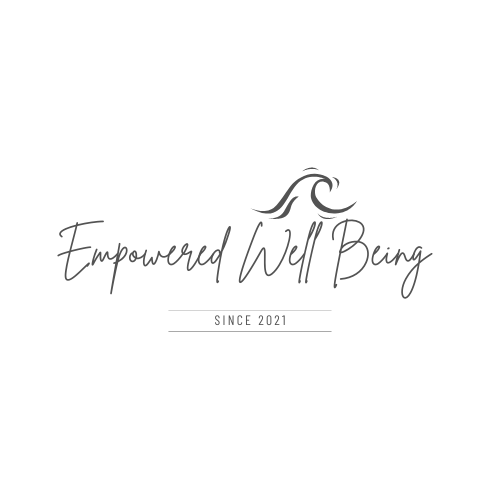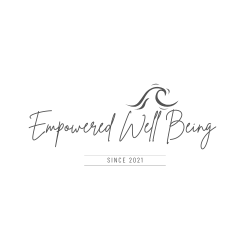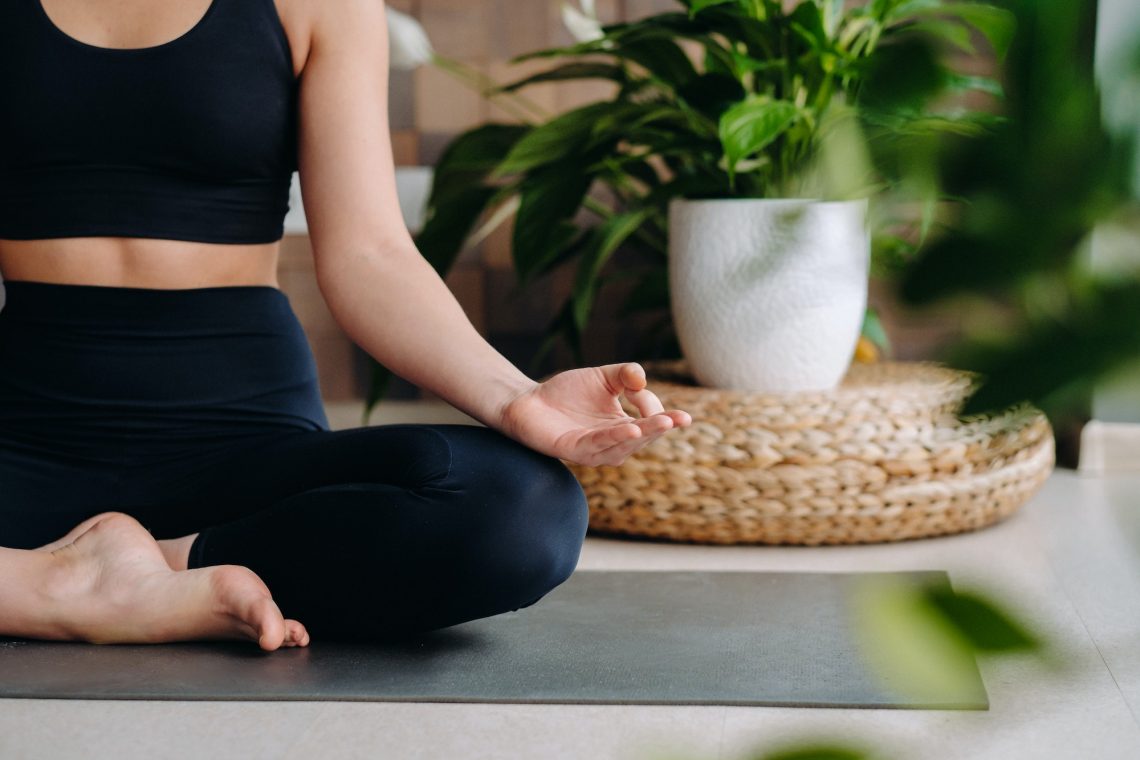
All hail Collagen!
Being a nurse practitioner, I was trained to be a woman of evidence-based practice. Which basically means, “show me the science.” I need something more than just someone’s opinion, or personal experience to sway me one way or the other. So when it came to collagen, it sounded like a great idea, but I needed to see some numbers.
As we age, our skin changes and we are always told that it could have something to do with collagen production and the fact that it slows down as we age. So if we don’t have enough… Just get more right? Sounds simple enough.
But what exactly is collagen…
Collagen is the most abundant protein in our amazing bodies. In fact, it accounts for nearly 30% of our body’s protein makeup. It is the main building block of things like our skin, muscles, tendons and ligaments, as well as our bodily organs and other connective tissues.
And there are different types of Collagen…
According to the Cleveland Clinic (Collagen: What it is, Types, Function & Benefits (clevelandclinic.org) there are about 28 different types of Collagen, but here are the most common
- Type I. (Most common). This type makes up 90% of your body’s collagen. Type I is densely packed and used to provide structure to your skin, bones, tendons and ligaments.
- Type II. This type is found in elastic cartilage, which provides joint support.
- Type III. This type is found in muscles, arteries and organs.
- Type IV. This type is found in the layers of your skin.
- Type V. This type is found in the cornea of your eyes, some layers of skin, hair and tissue of the placenta.
Simply put, it’s a MAJOR powerhouse when it comes to our health and wellbeing!
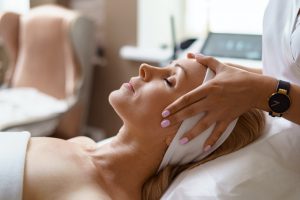
Where does Collagen come from?
Collagen is made by our very own bodies. In order to perform this feat, we need couple of different ingredients like amino acids, mainly proline, glycine, lysine, and hydroxyproline. Other nutrients, including vitamin C, zinc, copper, and manganese, aid in completing and supporting the collagen matrix.
And unfortunately, after age 40, our bodies stop making Collagen as readily as it once did.
What Damages Collagen?
There are certain lifestyle habit that we may have that can also speed our decline of collagen production. These are things like…
- smoking
- too much sun bathing
- Consuming too many refined sugars and carbohydrates.
There are also certain autoimmune diseases and genetic mutations that can decrease your collagen levels as well. If you have concerns about that I would definitely bring it up with your primary care provider.
So how do we get more of this magical stuff???
With time machines not being a valid option yet, I choose to supplement.
What are the benefits of supplementing with Collagen?
- Improved skin health and appearance, such as better elasticity, increased hydration, and fewer wrinkles
- Less joint pain and stiffness for those who suffer with osteoarthritis and rheumatoid arthritis
- Faster wound healing
- Increased muscle mass when paired with strength and resistance training exercises
- Increased bone mineral density (which is GREAT news for women)
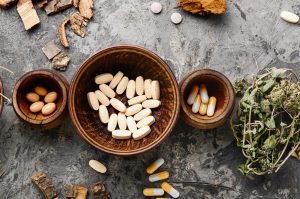
Oral collagen supplements also increase skin elasticity, hydration, and dermal collagen density. Collagen supplementation is generally safe with no reported adverse events. (Oral Collagen Supplementation: A Systematic Review of Dermatological Applications – PubMed (nih.gov))
How much do you need???
So it appears that this would depend on the desired Collagen benefit that you are looking for. Some sources say that 2.5- 10 grams per day can help improve your hair, skin and nails.
If you are looking for something more along the lines of improving your joint health and easing joint pains. It looks like 10 grams daily is the sweet spot. (How Much Collagen Should You Take a Day? Supplements (medicinenet.com)
Myself, being a runner, I have about 10grams daily, or 1 scoop of Vital Proteins, in my coffee every single morning. It doesn’t have a taste at all and doesn’t make it thick or change the consistency. So all I get is my magical hazelnut-flavored liquid awesomeness!
Some of my absolute favorite options for supplementing include…
Forest Leaf Advanced Collagen-
- These easy to swallow capsules are non GMO and free from dairy, gluten, eggs and nuts. They are tested for absorption, to ensure proper digestion. I love anything in a capsule just because it breaks down easier in the gut. I also love that it’s portable when I am on the go.
- Their unique formula comes with 3 types of Collagen fortified with Hyaluronic Acid and Vitamin C works to help rejuvenate skin, hair and nail growth while improving joint flexibility and promoting beautiful skin.
Vital Proteins Collagen Peptides-
- Powerhouse Ingredients: Original Collagen Peptides plus Hyaluronic Acid and Vitamin C helps improve the health of your hair, skin, nails, joints, bones, ligaments and tendons.
- Easy To Use: Vital Proteins Collagen Peptides is easily digested and dissolves in cold or hot liquids, like coffee, tea and smoothies. One to two scoops a day is all you need!
- Certified Paleo Friendly & Whole30 Approved. No added sugars or sweeteners. Flavorless and odorless. Made without gluten & dairy.
- I love this for sheer portability. I can toss it in my purse or bag and I don’t have to worry about a powdery mess.
- It’s also keto and paleo friendly which is helpful for all of us who are watching our sugar/ carb intake.
- This product boasts pure hydrolyzed collagen peptides with amino acid building blocks support glowing and hydrated skin. One serving contains more collagen than most bone broth
- One serving of Bulletproof collagen has 13g of protein and no added sugar. Add to coffee, smoothies, soups and more.


You May Also Like

Soothing Sunburn: Effective Home Remedies for Sunburn Relief
June 14, 2023
The Benefits of Meditation: Revealing Its Transformative Power
June 28, 2023
